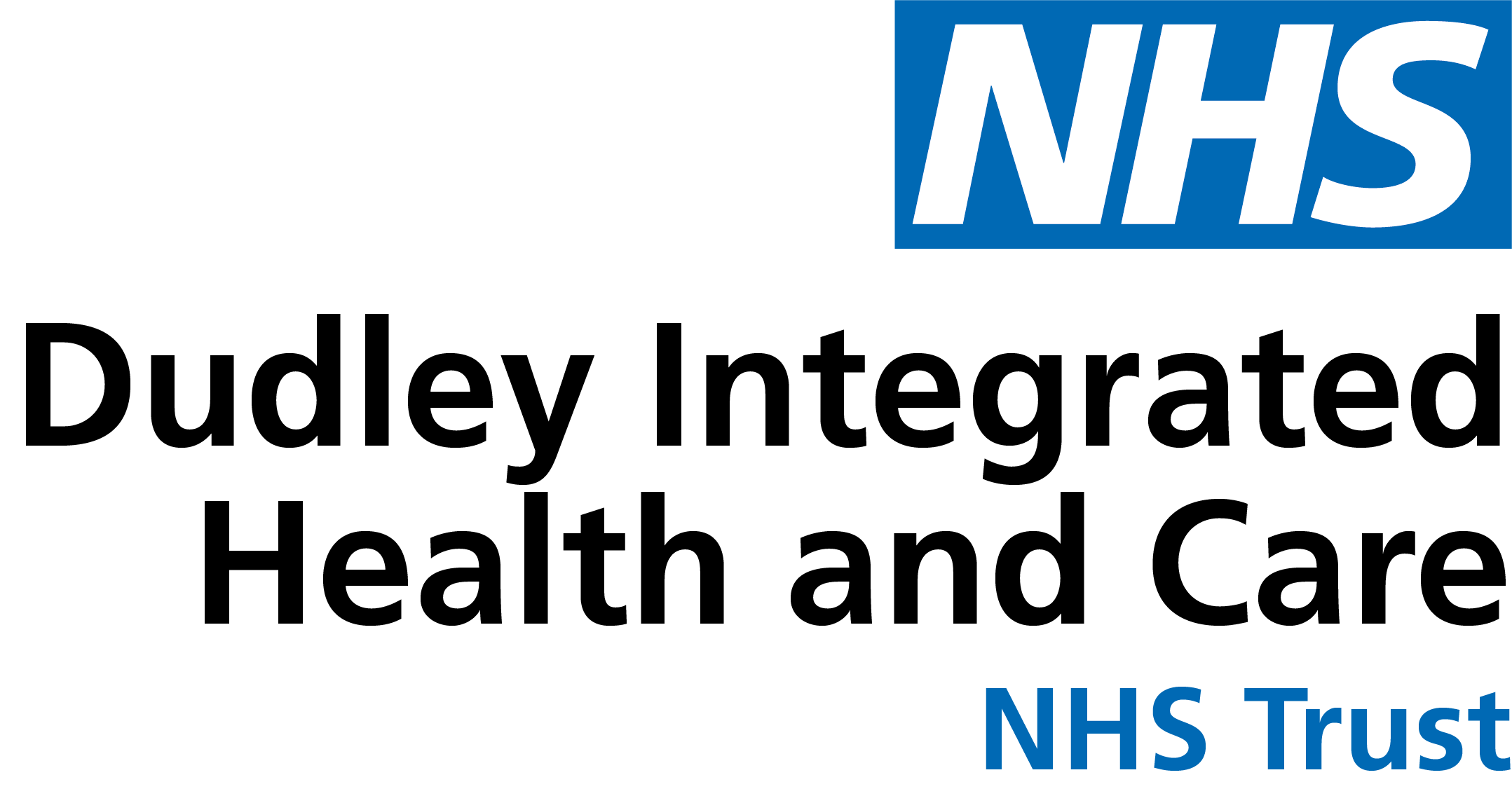Reminder to cancel GP appointments that are no longer needed
People in the Black Country are being reminded to play their part and help the NHS by cancelling GP appointments if they are no longer needed.
New data shows that in January more than 36,000 appointments were recorded as “did not attend” – commonly referred to as DNAs. This is where a patient fails to attend an appointment and does not cancel so it can’t be rebooked by the practice.
The NHS has created a video with a local GP, Dr Virinder Rai, to highlight the importance of letting your GP practice know in advance if you’re unable to attend an appointment. You can watch the video on YouTube here.
In many practices, appointments can be cancelled by text or online, so there’s no need to phone.
Dr Rai said: “At a time when demand on NHS services is at an all-time high, it is very important that GP appointment slots are not going to waste.
“Every appointment at a GP practice is precious and so when booked appointments are unused and not cancelled, it has a considerable impact on practices, practice staff and the availability of appointments for other patients.
“It might not seem like a big deal to miss a 10-minute appointment, but the unintended consequences are that other patients who may really need care can’t access it when they need to and are being kept waiting longer.
“We understand that sometimes things can change but please do notify your practice as soon as possible if you’re unable to attend. This will allow them to allocate your appointment to someone else, helping to ensure more people have timely access to their GP or healthcare professional.
“Given the current pressures on the NHS, it’s important that people know their GP is still open and here for them, and I would encourage anyone who needs help to continue to come forward.
“However, please help us help you by choosing the correct service for you. For any minor illnesses, your local pharmacist should be your first port of call. As well as offering free expert advice on a wide range of health issues, pharmacists can help with dispensing medicines, repeat prescriptions, and help with choosing the correct over-the-counter medicine. And, if symptoms suggest it’s something more serious, they can signpost you to the right alternative NHS service.”


